16 Books Almost Every Coach Should Read
By Dr. Robert Biswas-Diener
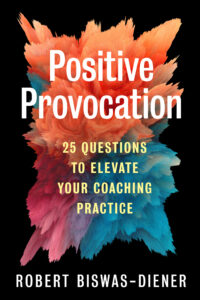
Whatever your approach to coaching is, there is a book that can inspire better practice
Overview of Coaching Books
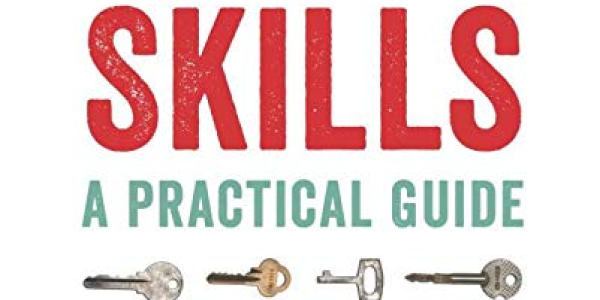
An Introduction to Coaching Skills, by Christian van Nieuwerburgh. Christian is an experienced coach who works at the University of East London. He is thoughtful about coaching and, in this book, has clearly introduced coaching models, skills, and ways of being that form the foundation of effective and responsible practice. I especially like that he includes a section on reflective and ethical practice.
Alternate recommendations:
- Co-Active Coaching. If there is a classic in coaching, this book is probably it. Written by the pioneering coaches who founded CTI, this book offers a thoughtful discussion on the coaching relationship, as well as skills such as listening and self-management.
- The Coaching Habit. If you are an Earthling, you have probably seen Michael Bungay Stanier’s bestselling book. Michael self-published this title, and it is appealing in its simplicity and clarity. He boils down coaching to a means of inquiring and offers useful meditations on a variety of types of questions. This is the go-to book for managers, teachers, or others who want to integrate coaching skills without formally being coaches.
- Coach the person, not the problem. I wanted to add a newer publication to this list. Marcia Reynolds is a well-known, experienced, and thoughtful coach. This book offers a succinct overview of the coaching process by breaking down coaching skills into five easy-to-remember practices.
Books on Specific Coaching Skills
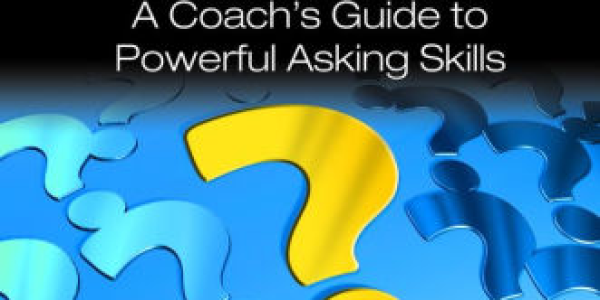
Coaching Questions, by Tony Stoltzfus. Powerful questions are the heart of coaching, and this slender volume is a sweeping examination of the questions we ask. It includes a rationale for inquiry, a discussion of common question mistakes, and endless examples of questions related to client values, identities, dreams and goals, emotions, options, obstacles, and the list goes on and on.
Alternate recommendations:
- Positively Speaking. This lesser-known title is, in my opinion, a hidden gem. Written by two leading authorities in solutions-focus coaching, this workbook-style title offer insights into how to have and facilitate constructive conversations. It is one part communication manual, one part primer on solutions focus, and one part a guide to effective facilitation.
- Practicing Positive Psychology Coaching. I wrote this book, so understand that this is not an objective recommendation. I was working on this book over a decade ago, and some of what I included I have since changed my mind about (e.g., prescribing happiness interventions). That said, I am surprised to see some of the topics when I pull this book down: a discussion of common fears, a nuanced discussion of speaking about the ideal self, the dark side of goals, and using “discrepancy, direction, and rate” to understand motivation, among others.
- Positive Provocation. This is another book I wrote (published in 2023). I consider this my greatest contribution to coaching. In it, I use science, case studies, and other “provocations” to engage readers in questioning their own assumptions about coaching. The book is not intended to shock readers but, rather, to re-engage them with ethical and effective coaching practice.
Books on Coaching Contexts
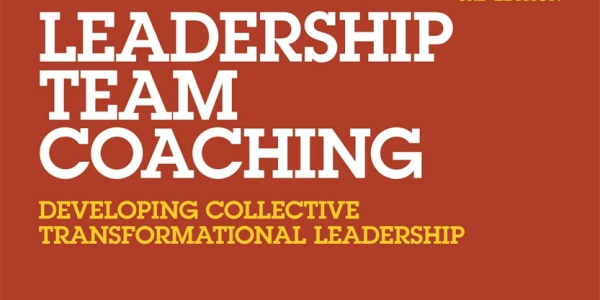
Leadership Team Coaching, by Peter Hawkins. While Ruth Wageman is a go-to voice on senior leadership teams, this book tackles the topic in a way that is specific to coaching. For those wanting to understand team coaching, Hawkins covers its history and assumptions and provides a simple mnemonic framework—CLEAR—for approaching the coaching process. He addresses team issues such as fluid teams and emphasizes coach development.
Alternate recommendations:
- Coaching for Leadership. Marshall Goldsmith and his co-authors edit a volume of collective wisdom on leadership coaching. The third edition of this book addresses just what you would want it to: theories of leadership, purpose, teams, and a wide range of context-specific discussion such as leadership in law or government.
- Coaching in Professional Contexts. This book is edited by Christian van Nieuwerburgh. It includes expert-written chapters on coaching in healthcare, education, management, and many other contexts. It also includes chapters on coaching for wellbeing, integrating positive psychology and similar topics.
- Act Like a Leader, Think like a leader. I am excited by Ibarra’s thinking. Here, she dismisses traditional approaches to leadership. Instead, she encourages playing with role, social network, and identity as a means of success. It offers provocative food for thought that will—hopefully—influence coaches to ask different types of questions.
Books on the Change Process
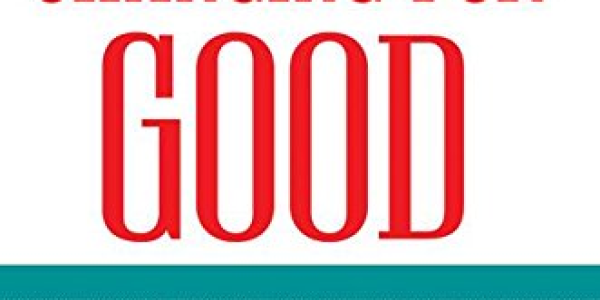
Changing for good, by Prochaska, Norcross, and DiClemente. Based on years of research, this book lays out the classic stages of change. Understanding client readiness for change is crucial to effective coaching, and this book provides the leading framework.
Alternate recommendations:
- Immunity to Change. Personal fears, competing commitments, wrong assumptions…. There are myriad reasons why people do not easily make positive changes. This book provides a framework for understanding obstacles to change and practical suggestions for overcoming them.
- Be the Change (Maker). Author Kara Exner serves as the Vice-Chair of the ICF’s Credentials and Standards Global Board. Exner compiles the findings from interviews with changemakers to offer commentary about the change process itself.
- Working Identity. This is a perennial go-to title for me. The brilliant Herminia Ibarra encourages us to ditch tired “plan and implement” approaches to change in favor of more flexible and realistic “test and learn” approaches. This book is revelatory.
Whatever your approach to coaching is, there is a book that can inspire better practice
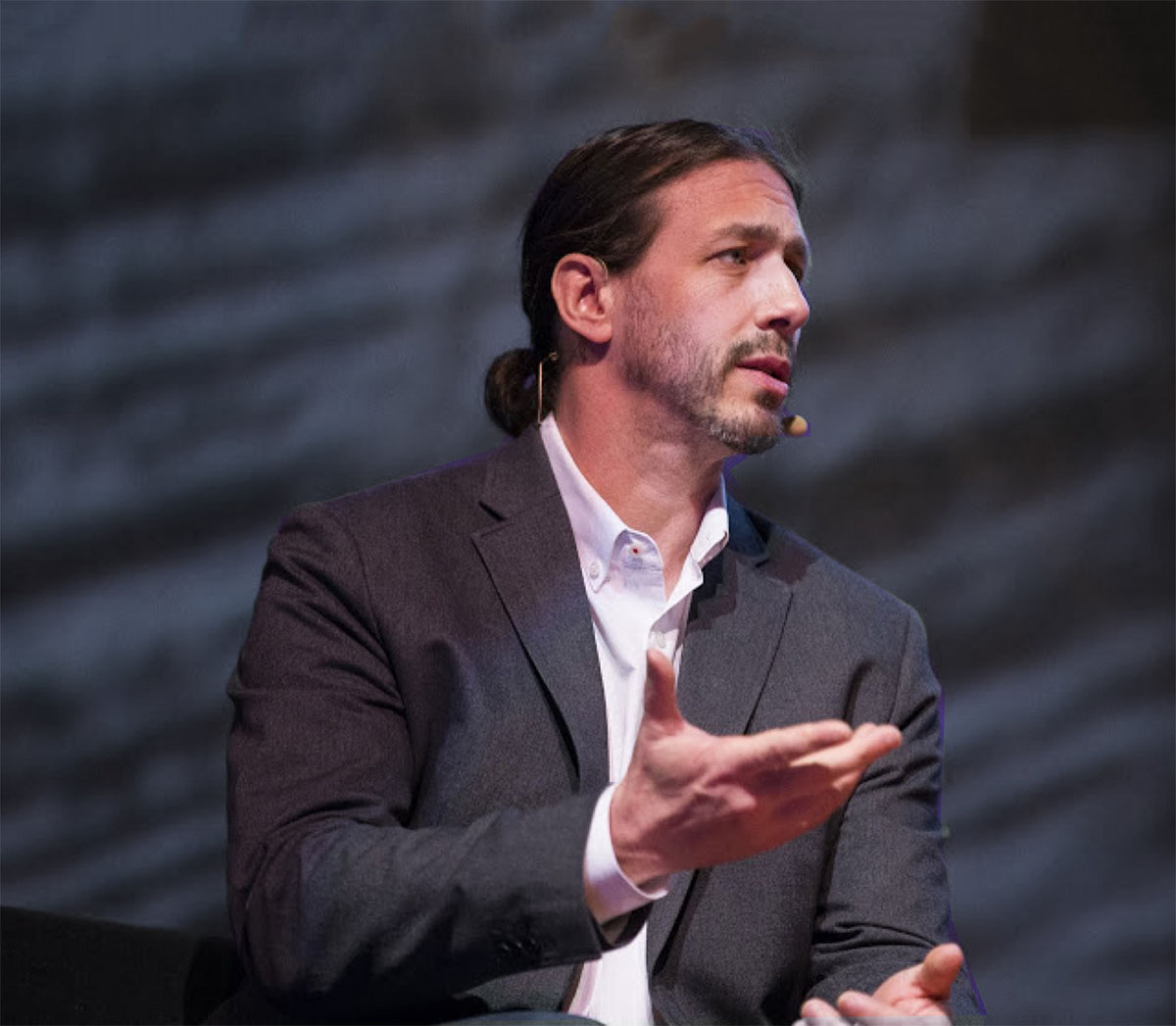
About the author
Dr. Robert Biswas-Diener
Dr. Robert Biswas-Diener is passionate about leaving the research laboratory and working in the field. His studies have taken him to such far-flung places as Greenland, India, Kenya, and Israel. He is a leading authority on strengths, culture, courage, and happiness and is known for his pioneering work in the application of positive psychology to coaching.
Robert has authored more than 70 peer-reviewed academic articles and chapters, two of which are “citation classics” (cited more than 1,000 times each). Dr. Biswas-Diener has authored seven books, including the 2007 PROSE Award winner, Happiness, the New York Times Best Seller, The Upside of Your Dark Side, and the 2023 book Positive Provocation.
Robert Biswas-Diener

Get updates and exclusive resources



